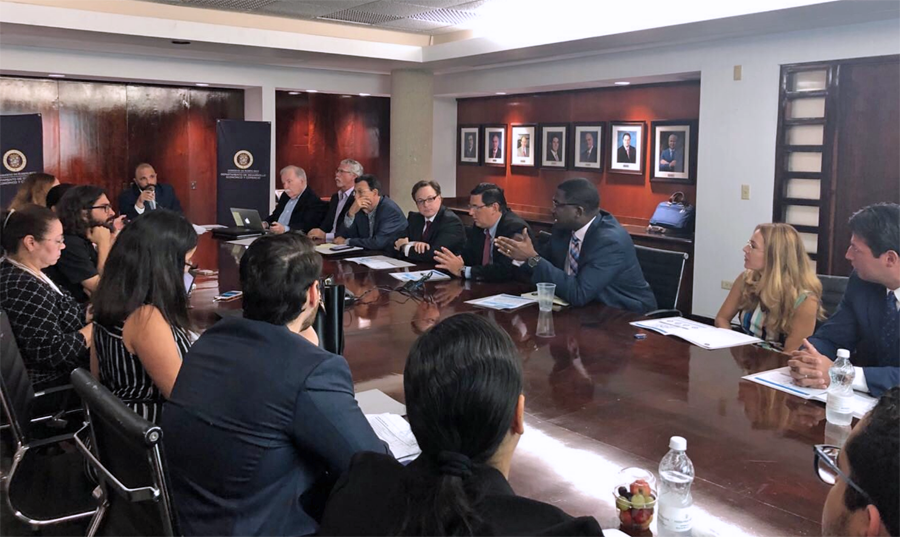Puerto Rico publishes guidance on incentives for blockchain services

Puerto Rico’s Economic Development and Commerce Department has published guidance offering favorable tax treatment for digital assets based on blockchain technologies, such as blockchain validation.
This guidance provides certainty for individuals and companies in the Web3 space looking to relocate, the agency and the Puerto Rico Blockchain Trade Association said in a news release.
Web3 refers to the potential next generation of the internet that is built on technologies such as blockchain, decentralized data storage and peer-to-peer networks, allowing for new applications and services without intermediaries, such as decentralized finance.
The trade group pointed out that Puerto Rico has a long history of building its economy through incentives programs, including sugarcane, pharmaceuticals and manufacturing, adding that with the new guidance, the government is adopting tax incentives to maintain the island’s competitiveness with other jurisdictions.
The “4% tax on income generated from staked assets is a win for Puerto Rico,” said the trade association’s Executive Director Keiko Yoshino, adding that the corresponding tax revenue could be used to create dedicated funding streams for social impact programs, such as addressing “child poverty, which is at an alarming 57%.”
Staking refers to holding cryptocurrency to support a blockchain network by helping validate transactions and secure the network. In return for stakers’ participation, they may receive a payment, which is also the case for another blockchain related term for which guidance was published, mining. In the latter, transactions are verified and added to the blockchain by solving complex mathematical problems using specialized software and hardware.
The export service incentives law, known as Act 20, now falls under the Incentives Code umbrella law, Act 60, and allows businesses that export a service abroad to qualify for a 4% corporate tax rate. The tax break has been used by software manufacturers, communications firms, creatives, consultants and call centers. Although local Puerto Ricans are not eligible for 0% capital gains unless they were off the island from 2006 to 2014, with the new guidance, anyone who participates in blockchain validation can receive the 4% tax benefit.
Gustavo Díaz, Act 60 workshop liaison for the Blockchain Trade Association, noted that although Puerto Rico has “one of the most competitive tax incentives programs in the world,” it is “underutilized, even by local founders, creatives, and entrepreneurs, due to the lack of awareness.”
He added that the association’s Act60 education campaign, L60PR, is focusing on educating locals about the incentives available to them.














Sounds good but please make sure companies do what they say they will do!